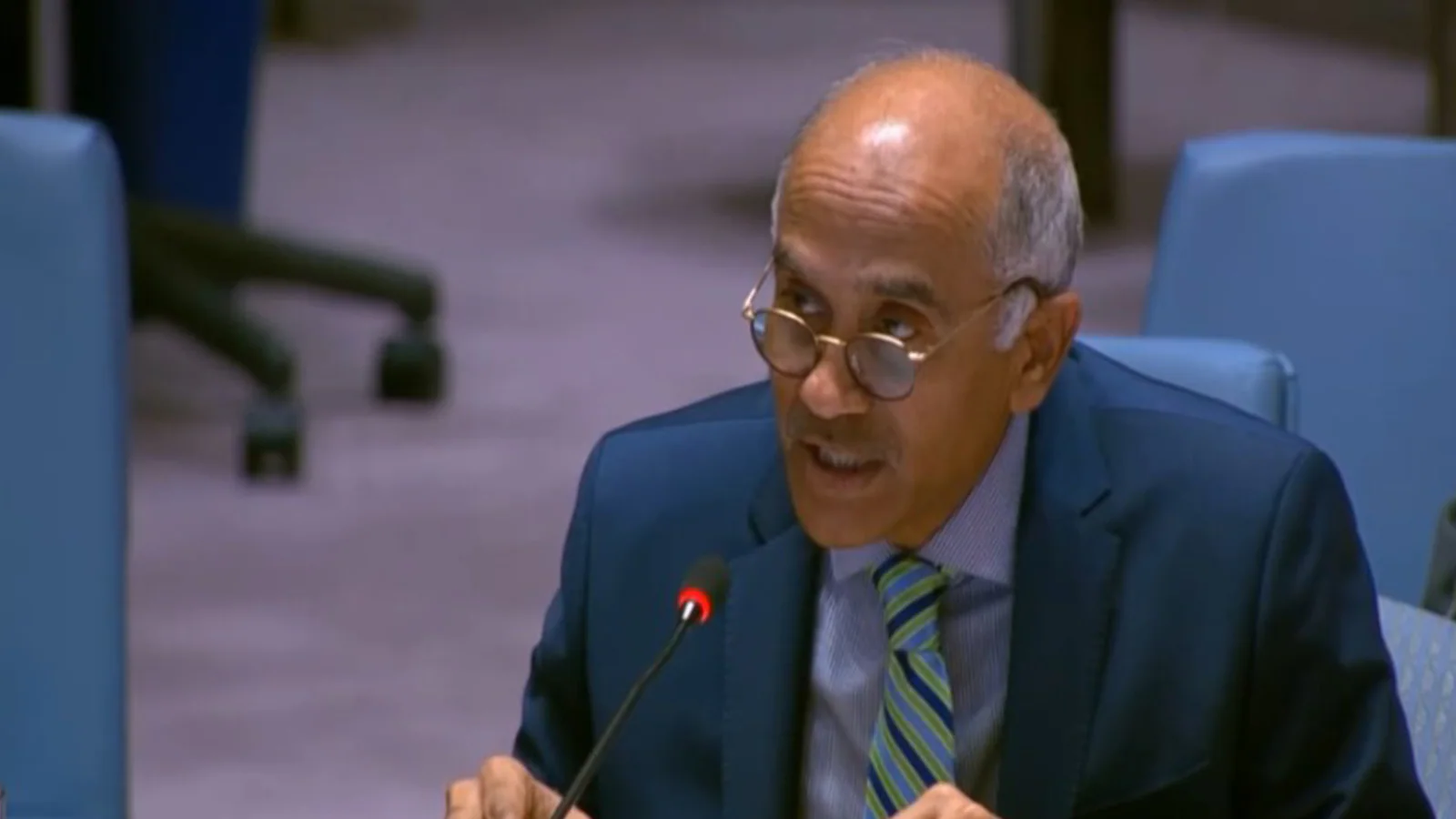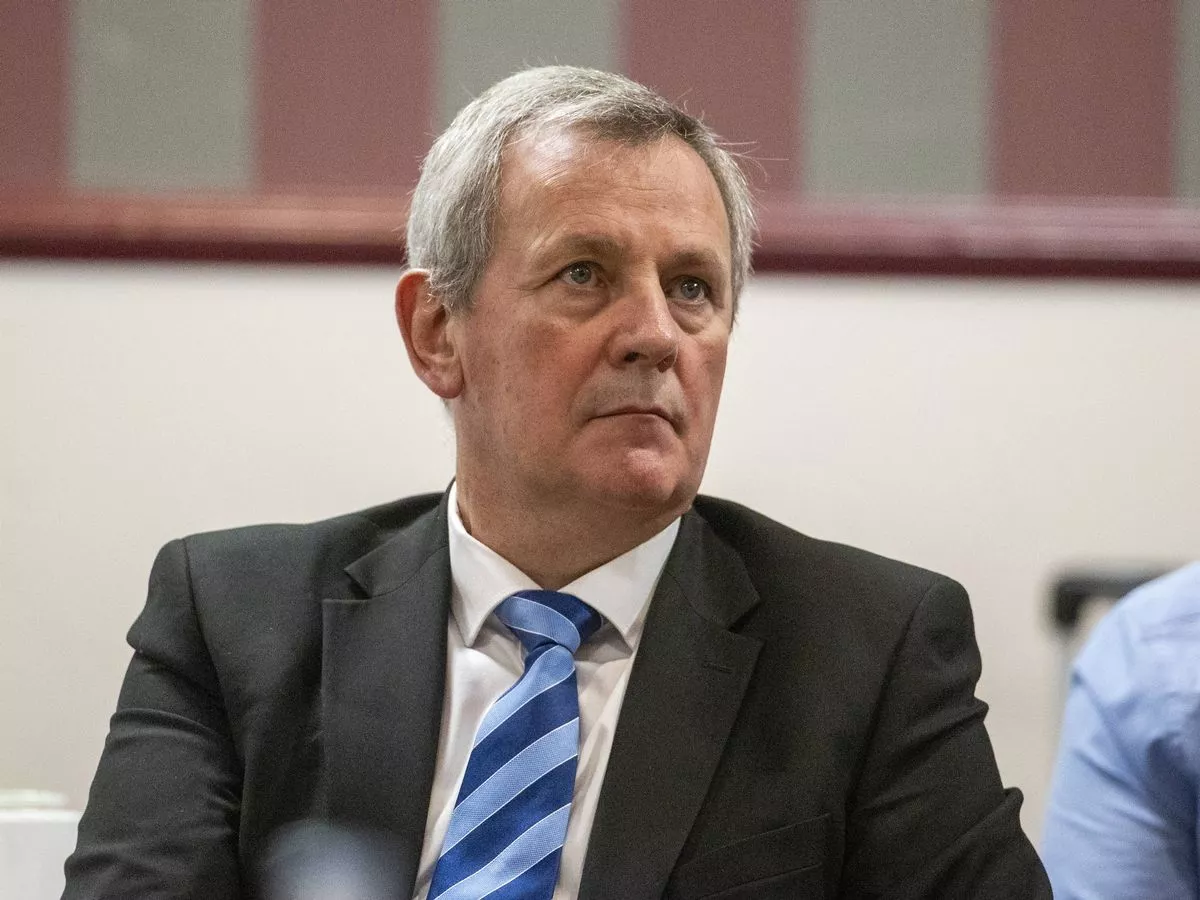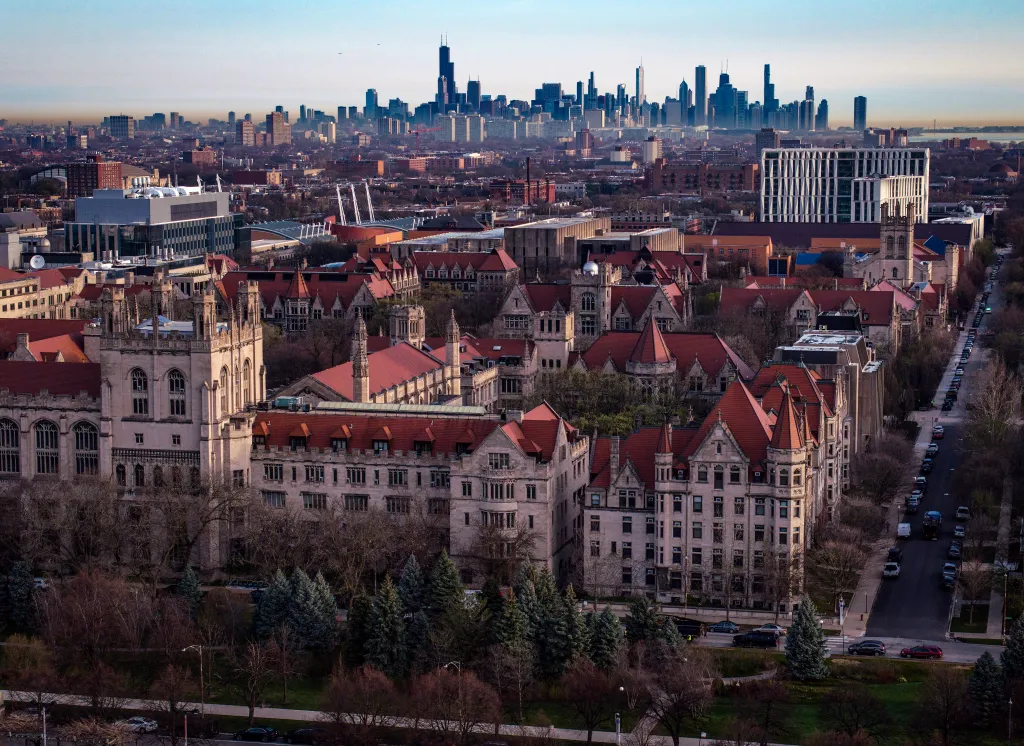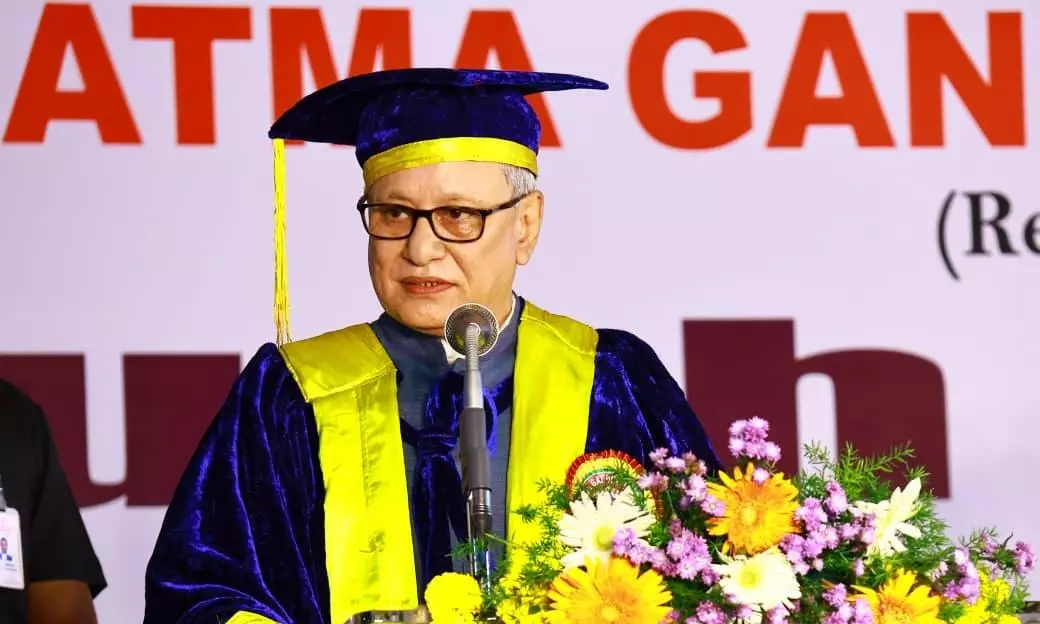‘LeT, Jaish, Their Sponsors Must No Longer Exploit Afghanistan’: India’s Strong UNSC Message
By Manisha Roy,News18
Copyright news18

India’s Permanent Representative to the United Nations, Ambassador Harish Parvathaneni, reaffirmed New Delhi’s commitment to promoting peace and stability in Afghanistan and called for unified global action to prevent terrorist groups from using the Afghan territory.
Addressing regional security concerns during the UN Security Council’s briefing on Afghanistan, Ambassador Harish Parvathaneni stressed the importance of coordinated international efforts to ensure that entities and individuals designated by the UN—such as ISIL, Al Qaeda, and their affiliates, including Lashkar-e-Tayyiba and Jaish-e-Mohammed—along with those backing them (in reference to Pakistan), are unable to exploit Afghanistan as a safe haven for terrorism.
PR @AmbHarishP delivered India’s statement at the quarterly UNSC meeting on Afghanistan.
He highlighted:
➡️ ?? and ?? share a civilizational relationship.
➡️ ?? has paramount interest in ??’s peace and stability and is actively engaging with regional and… pic.twitter.com/FZFi9UKsvv
— India at UN, NY (@IndiaUNNewYork) September 18, 2025
“The international community must coordinate efforts towards ensuring that entities and individuals designated by the UN Security Council, the ISIL and Al Qaeda and their affiliates, including Lashkar-e-Tayyiba and Jaish-e-Mohammed, along with those who facilitate their operations, no longer exploit the Afghan territory for terrorist activities,” Parvathaneni said.
The Ambassador also welcomed the condemnation by the Afghan authorities of the Pahalgam terrorist attack in Jammu and Kashmir earlier this year. “We welcome the strong condemnation of the Pahalgam terrorist attack of April 22, 2025, by the Afghan side,” he added.
He also underlined India’s immediate priorities in Afghanistan, which include providing humanitarian aid and implementing capacity-building programs for the Afghan people.
“We believe in the utmost importance of international and regional consensus and cooperation on key issues concerning Afghanistan and actively engage with all relevant parties to promote peace, stability and development in the country,” he stated.
“India’s immediate priorities in Afghanistan include provision of humanitarian assistance and implementation of capacity-building initiatives for the Afghan people,” he remarked.
The Ambassador also reiterated India’s support for the United Nations Assistance Mission in Afghanistan (UNAMA), thanking Special Representative of the Secretary-General (SRSG) and Head of UNAMA, Roza Otunbayeva, for her briefing.
“We value her close cooperation and hope to carry forward the same with UNAMA in the future,” he further said.
Parvathaneni also highlighted India’s swift response following the devastating 6.0 magnitude earthquake that struck southeastern Afghanistan on September 1, resulting in more than 2,000 deaths and injuring over 3,640 people, according to Al Jazeera.
“India was among the first countries to provide humanitarian assistance. We immediately delivered 1,000 family tents and 15 tons of food supplies to the affected provinces of Afghanistan. An additional 21 tons of relief materials, including essential medicines, hygiene kits, blankets and generators, were dispatched,” he noted.
He also shared details of India’s long-standing contributions to Afghanistan’s development, particularly in health, education, and rehabilitation.
“In partnership with the UN Office on Drugs and Crime, we have provided 84 MTs of assistance and medicines and 32 MTs of social support items for drug rehabilitation programmes, particularly those focused on women. India’s scholarships and fellowships to Afghan students. Since 2023, we have provided scholarships for undergraduate and postgraduate courses to 2,000 Afghan students, including nearly 600 girls and women,” he further added.
Concluding his remarks, Parvathaneni called for a more adaptive and responsive strategy for addressing the challenges in Afghanistan.
“Afghanistan needs a fresh approach with hitherto unused policy instruments to support its people who are in such a dire need. ‘Business as usual’ approach is only expected to maintain the status quo, which is not good for Afghanistan and unlikely to meet international community expectations for Afghanistan’s people,” he said.



